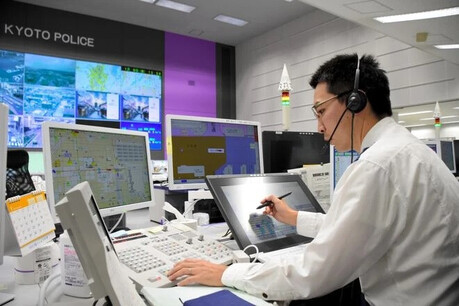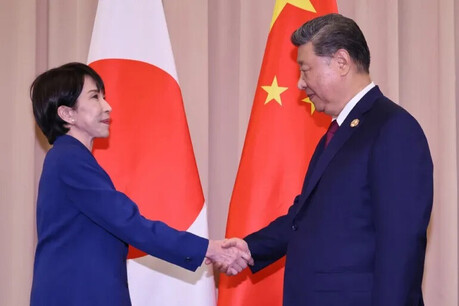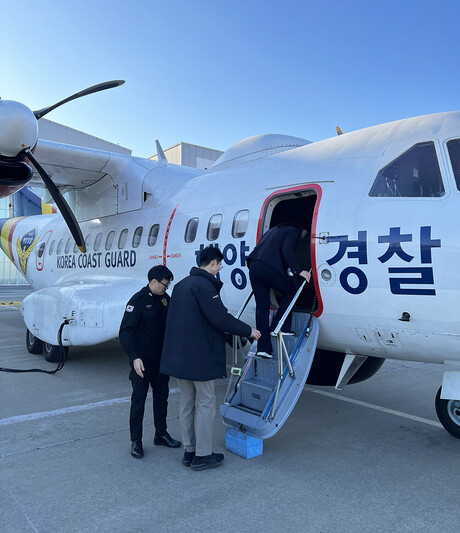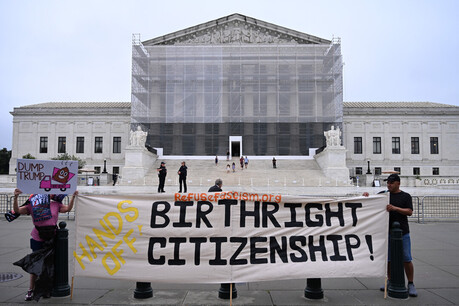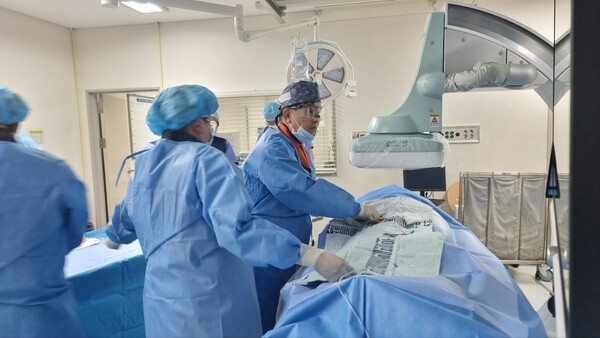
Seoul, South Korea – The South Korean healthcare sector is bracing for a tumultuous year in 2025, as inter-professional conflicts, policy changes, and economic pressures converge to create a challenging environment.
Healthcare professionals and industry leaders expressed deep concerns in their New Year's messages, anticipating numerous controversies and disputes throughout the year. The impending structural overhaul of tertiary hospitals and escalating tensions among different medical professions are expected to exacerbate existing problems.
"Unfortunately, we anticipate that difficult times will continue for some time," said Lee Hwa-sung, the president of Catholic University of Korea's Catholic Central Medical Center. "The healthcare sector is inevitably subject to significant government policies."
Lee predicted that tertiary hospitals would undergo a structural shift towards focusing on critical illnesses, while training programs for resident physicians would change, leading to a greater emphasis on specialist-led hospitals.
Park Seung-woo, president of Samsung Medical Center, echoed these sentiments, stating that the hospital sector would face continued challenges in 2025 due to ongoing changes in the healthcare environment and the implementation of new medical policies.
Health Minister Cho Kyu-hong further emphasized the government's commitment to healthcare reform in his New Year's address, including measures to increase the number of medical school graduates and overhaul the healthcare delivery and compensation systems. These policy changes are likely to intensify conflicts with medical professionals.
Inter-professional Conflicts
The New Year's messages from various healthcare associations highlighted key objectives for each profession, many of which have conflicting interests.
Kang Dae-sik, acting president of the Korean Medical Association (KMA), called for efforts to preserve essential medical services and improve the healthcare environment. He also urged the government to expedite the enactment of a special law on medical accidents while opposing the government's plan to increase the number of medical school graduates.
However, the KMA's stance is at odds with that of the Korean Pharmaceutical Association, whose newly elected president, Kwon Young-hee, has pledged to push for generic prescribing, a policy that the KMA strongly opposes.
Similarly, the Korean Medical Association and the Korean Association of Oriental Medicine continue to clash over the use of ultrasound devices by traditional Korean medicine practitioners.
Nursing and Allied Health Professions
The Korean Nursing Association is gearing up to implement the Nursing Act, which was passed in 2023. However, the lack of detailed regulations could lead to disputes with other medical professions over roles and responsibilities.
The Korean Association of Medical Technologists is also seeking to expand the scope of practice for medical technologists, which is likely to face opposition from nurses and doctors.
Conclusion
The South Korean healthcare sector is poised for a year of significant change and challenges. As the government presses ahead with its reform agenda and various medical professions vie for their respective interests, the healthcare landscape is likely to be shaped by ongoing conflicts and negotiations.
[Copyright (c) Global Economic Times. All Rights Reserved.]
















